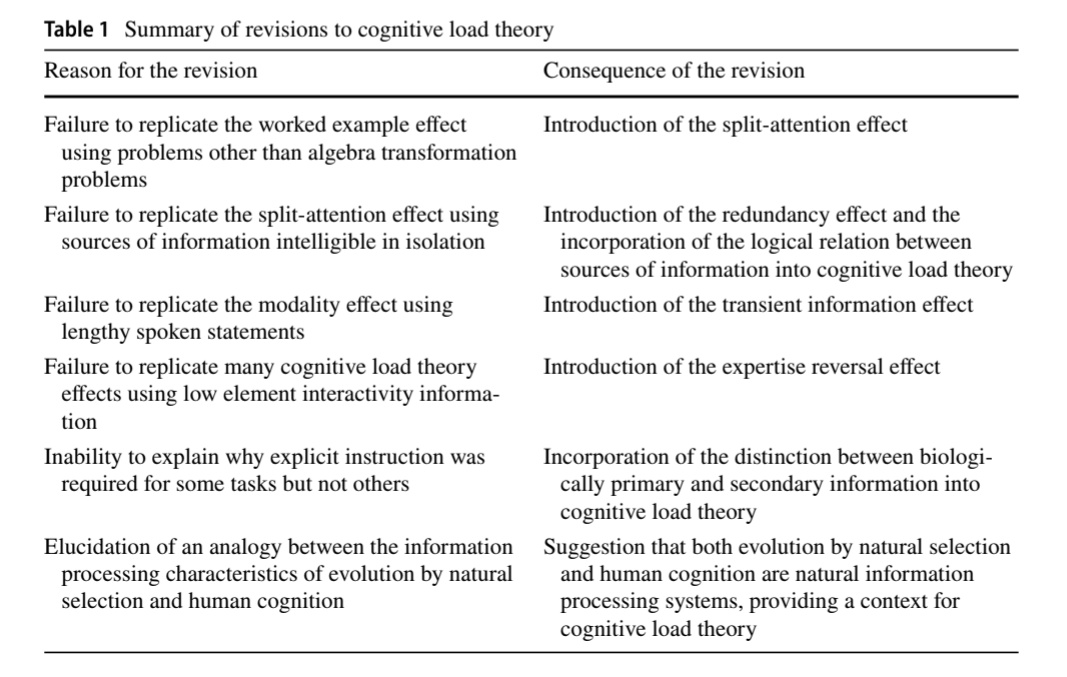Fair point about terminology. Some more examples: scales like those in PISA teacher-directed instruction, inquiry. Or here 50 frequently confused term pairs in psychology frontiersin.org/articles/10.33…
-> Humpty Dumptyisms gregashman.wordpress.com/2020/09/17/hum…
-> Humpty Dumptyisms gregashman.wordpress.com/2020/09/17/hum…
“In particular, the ‘methods’ sections of such papers are vital because they demonstrate exactly what was measured, rather than what the researchers chose these measures to mean.”
Sometimes such scales are presented as ‘in opposition’ while even a casual glance at how countries score on them, shows countries can score high or low on several of them at the same time.
• • •
Missing some Tweet in this thread? You can try to
force a refresh





